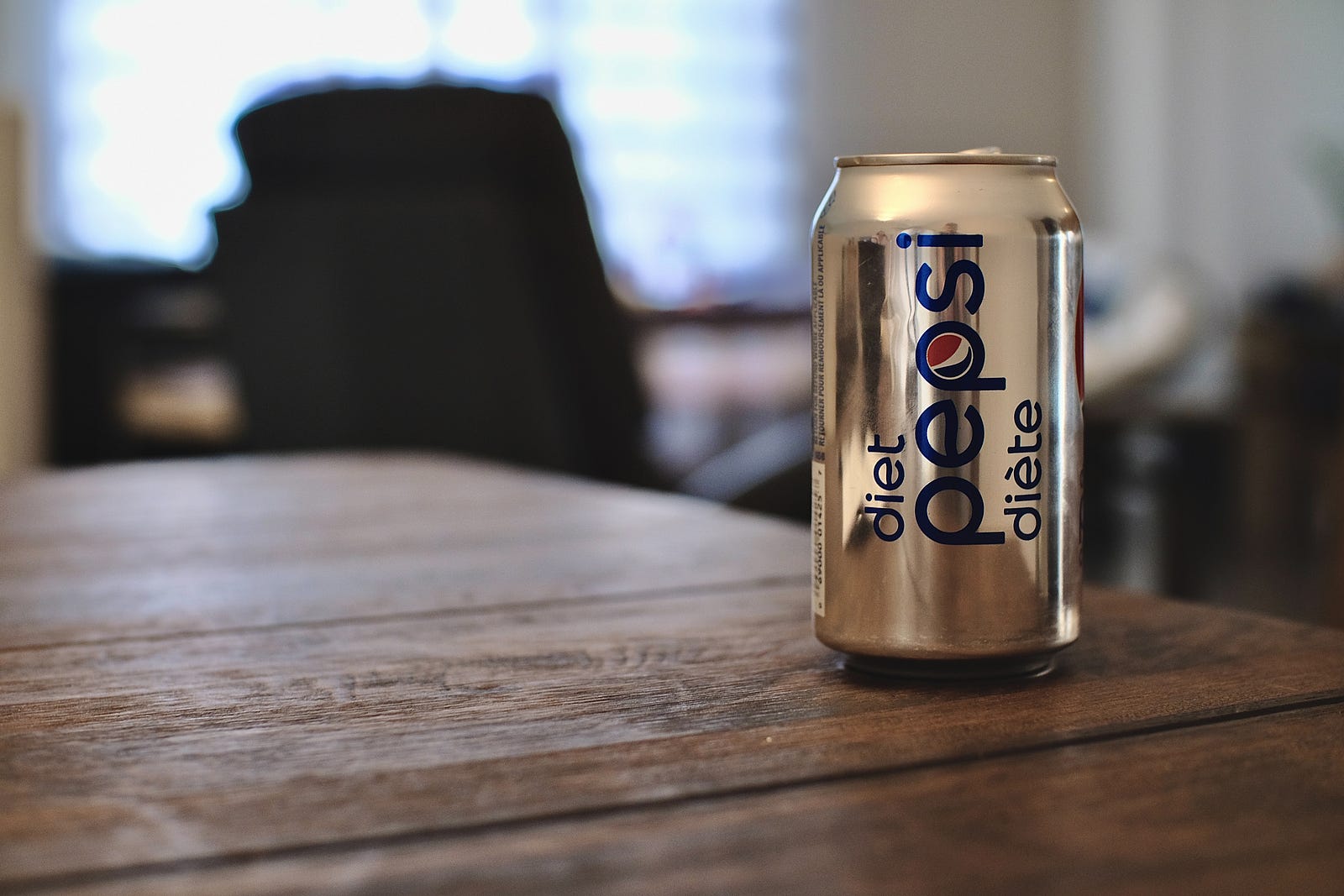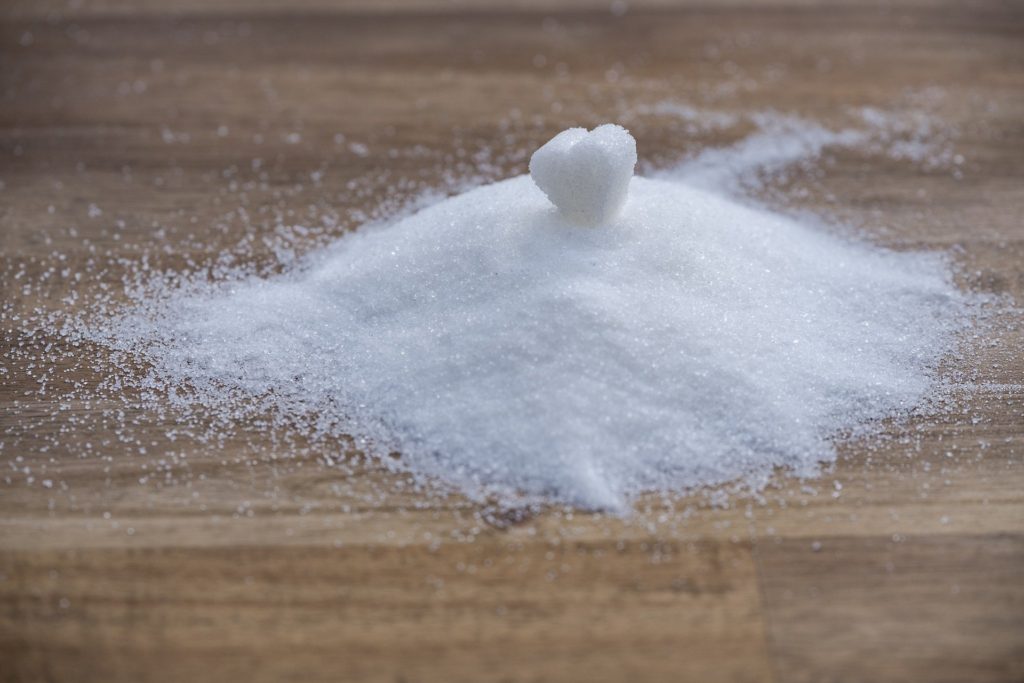Most artificial sweeteners have toxic effects that could negatively impact your joints.
This can be especially alarming for people who suffer from arthritis, osteoarthritis, or osteoporosis.
But, that doesn’t mean that you need to go back to sugar to enjoy your favorite sweet foods.
In this article, I’ll discuss the types of artificial sweeteners that can harm your joints, & I’ll also discuss their non-harmful alternatives.
What Are Artificial Sweeteners?
Artificial sweeteners are chemicals that are added to food and drinks to make them taste sweet without adding any calories. The most common artificial sweeteners are saccharin, aspartame, and sucralose.
Some zero-calorie sweeteners, like Stevia, are natural, but most of them are artificial.

Are Artificial Sweeteners Toxic?
Yes, most artificial sweeteners, like Splenda, Sweet ‘N Low, or aspartame, are toxic. This is because these sweeteners are made of chemicals, so they cause oxidative stress to the brain & body which can over time result in toxic effects.
For example, a study with around 3,000 people found that those who regularly consumed the most common artificial sweeteners increased their risk for stroke & dementia by 3x!
And the oxidative stress that is caused by these artificial sweeteners may not only damage the brain but also your joints.
However, the artificial sweetener itself matters a lot since not all artificial sweeteners cause this oxidative stress.
Types of Artificial Sweeteners
There are three different types, or classifications, of artificial sweeteners. These are:

Common Artificial Sweeteners
Common artificial sweeteners are the most common artificial sweeteners. These are aspartame (diet soda & Equal,) acesulfame-k (Sweet One,) saccharin (Sweet ‘N Low,) & sucralose (Splenda.)
These are the most commonly used zero-calorie sweeteners that are found in sugar-free drinks and foods.
They are widely used by people who are trying to lose weight or who have diabetes.
But, as we’ve mentioned before since these sweeteners cause oxidative stress, they’re toxic & can lead to health problems further down the line.
So, you should make sure to avoid these sweeteners if you have joint issues.
Sugar Alcohols
Sugar alcohols, like maltitol, xylitol, & sorbitol are artificial sweeteners with fewer calories than regular sugar. They are often used in diet or diabetic versions of food like desserts, chewing gum, and snacks.
But, some sugar alcohols do have calories & thus increase your insulin levels, so they aren’t too healthy in that regard.
However, the biggest problem with sugar alcohols is that they cause digestive issues.
Sugar alcohols cause digestive issues because they are pathogenic, meaning they feed the bad bacteria in your gut.
That’s why most people avoid sugar alcohols when choosing a zero-calorie sweetener.

Natural Sweeteners
Natural sweeteners are zero-calorie sweeteners that are natural, & they usually come from plants. The most common natural sweeteners are stevia, monk fruit, & erythritol.
Natural sweeteners are much better for your joint health & overall health compared to the other two sweeteners.
Compared to the most common artificial sweeteners, natural sweeteners are much better since they don’t have the toxic effects that the common ones have.
And natural sweeteners are better than sugar alcohols because natural sweeteners don’t cause the digestive issues that sugar alcohols cause.
Are Artificial Sweeteners Bad for Your Joints?
The most common artificial sweeteners, like Splenda, can be bad for your joints. This is because the most common artificial sweeteners cause oxidative stress on the body, which over time can lead to health issues like inflammation & joint problems.
In some cases, people who use artificial sweeteners may experience joint pain as a result of uric acid buildup in their joints.
This is more common in people with gout and other forms of arthritis, but it can also be triggered without arthritis in certain individuals.
However, that doesn’t mean that all hope is lost for people who still want to enjoy sweet foods without using sugar.
*Note: Some of these links are Amazon affiliate links that make me a small commission if you do decide to buy from them*

Which Artificial Sweeteners Aren’t Bad for Your Joints?
Natural zero-calorie sweeteners, like stevia, monk fruit, & erythritol, are joint-friendly. This is because they don’t cause the oxidative damage or inflammation that most other artificial sweeteners cause.
But, my favorite natural sweetener has to be this one.
I like that sweetener the most because it’s a 1:1 replacement for sugar, & it also doesn’t have a weird aftertaste.
Are There Any Risks Associated With Consuming Common Artificial Sweeteners?
Yes, there are risks associated with consuming common artificial sweeteners.
As with any food product, you should monitor your intake of artificial sweeteners if you consume them regularly.
If you consume too much of them, you may experience negative effects like gastrointestinal issues, headaches, and fatigue.
Some artificial sweeteners have also been linked to an increased risk of certain diseases.
Artificial sweeteners have been linked to an increased risk of certain types of cancer, like bladder cancer and leukemia.
Some studies have even found that consuming as little as one diet drink per day may increase your risk of developing cancer.

Conclusion
In conclusion, most of the common artificial sweeteners, like diet soda & Sweet ‘N Low, are bad for your joints.
This is because they cause oxidative stress on your body, which over time can increase your risk for joint-related diseases.
Instead of consuming the most common artificial sweeteners, try to use natural alternatives like stevia, monk fruit, or erythritol instead.
If you want to find out if artificial sweeteners cause brain damage, you can read my article here where I discuss the science around the topic & answer the widely debated question.
- Can You Still Lose Weight If You Aren’t in Ketosis? - February 8, 2023
- Can the Keto Diet Help With Depression? - February 8, 2023
- Why Does Processed Food Make You Fat? - January 2, 2023




